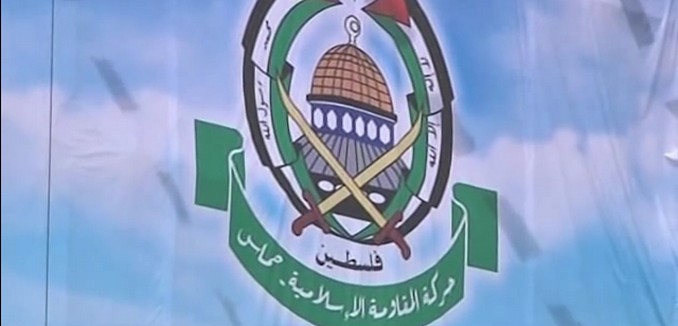Imad al-Alami, a senior Hamas official with close ties to Iran, is currently operating out of Turkey according to a report published yesterday in Foreign Policy by Jonathan Schanzer and Grant Rumley, respectively the vice president for research and a research analyst at the Foundation for Defense of Democracies. Schanzer and Rumley note that al-Alami joins Salah al-Arouri, the head of Hamas’ terrorist operations in the West Bank who has worked openly in Turkey since 2010.
But it’s also only part of the story. As recently as mid-November, Turkey has been home to one of Hamas’s original leaders and most dangerous assets: Imad al-Alami. Not only was Alami on the list of the original six Hamas officials designated terrorists by the U.S. government in 2003, he is also the point man for all of Hamas’s relations with Iran and its proxies. He’s made countless trips to Iran, a country that has provided Hamas with military training and billions of dollars in financial and material aid. At the time of his posting in Tehran, Iran was giving around $100 million a year to Hamas. Alami has had a close and continuing working relationship with Hezbollah chief Hassan Nasrallah for over 20 years. His ties are so close with the Tehran-aligned “axis of resistance” that when Hamas decided to abandon its headquarters in Damascus over disagreements with Tehran about the Syrian civil war, Alami was the last to leave — in what appeared to be a last ditch effort to salvage the relationship. …
Alami is still in Turkey, still receiving medical attention, and still hosting prominent visitors. In early November, he met with a Hamas delegation from the defunct Palestinian parliament, who gave him a run-down of the violent events that have recently rocked Jerusalem.
Alami was one of the first Hamas officials to be designated a terrorist by the Treasury Department in 2003. His presence in Turkey raises questions regarding Ankara and Hamas’ relationship.
If Alami is still keeping the lines of communication open with Tehran from his new base in Turkey, it could very well mean that Ankara has taken on a new importance in the procurement of Hamas weapons and the facilitation of other military activity. This would not be terribly surprising in light of the fact that Hamas seems to be operating rather openly in Turkey these days. For the last two years, Arouri has been running West Bank operations from Turkish soil while the number of Hamas operatives in Turkey has swelled. In 2011, Israel released 10 Hamas operatives as part of a prisoner exchange for the captured Israeli soldier Gilad Shalit. These operatives included Mahmoud Attoun and Taysir Suleiman, who both abducted Israeli soldiers. They are now in Turkey, where they make the rounds on the Turkish speaking circuit, touting their past “accomplishments.” There are at least nine other Hamas officials in Turkey according to Palestinian news agencies.
Israel’s defense minister Moshe Ya’alon said in an address before the Knesset Foreign Affairs and Defense Committee:
“Right now there is a certain decrease in terror and escalation in the West Bank, but there’s no guarantee it will last. There is major pressure from outside, primarily from Hamas, to heat up Judea and Samaria,” he said, using the biblical name for the West Bank.
“We continue to operate there in order to thwart the terror infrastructure, which is mostly operated from the outside, whether from the Gaza Strip or Turkey.”
Turkey’s support for Hamas hasn’t just been logistical, it has also been financial. In Where the Shadiest Players Find a Home, published in the September 2014 issue of The Tower Magazine, Schanzer wrote:
But Turkey’s support for Hamas remains strong. Just how strong? We don’t know. In December 2011, Palestinian news sources reported that Turkish President Recep Tayyip Erdoğan “instructed the Ministry of Finance to allocate $300 million to be sent to Hamas’ government in Gaza.” Both Turkey and Hamas denied this, but Reuters and Haaretz published subsequent reports citing this number.
Even if these reports turn out to be false, Turkey has not been shy about the other financial and material support it provides to the Hamas government in Gaza. Turkey has provided funds for schools, hospitals, mosques, and other supplies to the Hamas regime in Gaza, with additional funds that helped Hamas rebuild after its November 2012 war with Israel. More is expected after this most recent conflict.
In the wake of Operation Pillar of Defense two years ago, Alami credited Hamas’ “success” to Iranian aid.
[Photo: JewishNewsOne / YouTube ]




